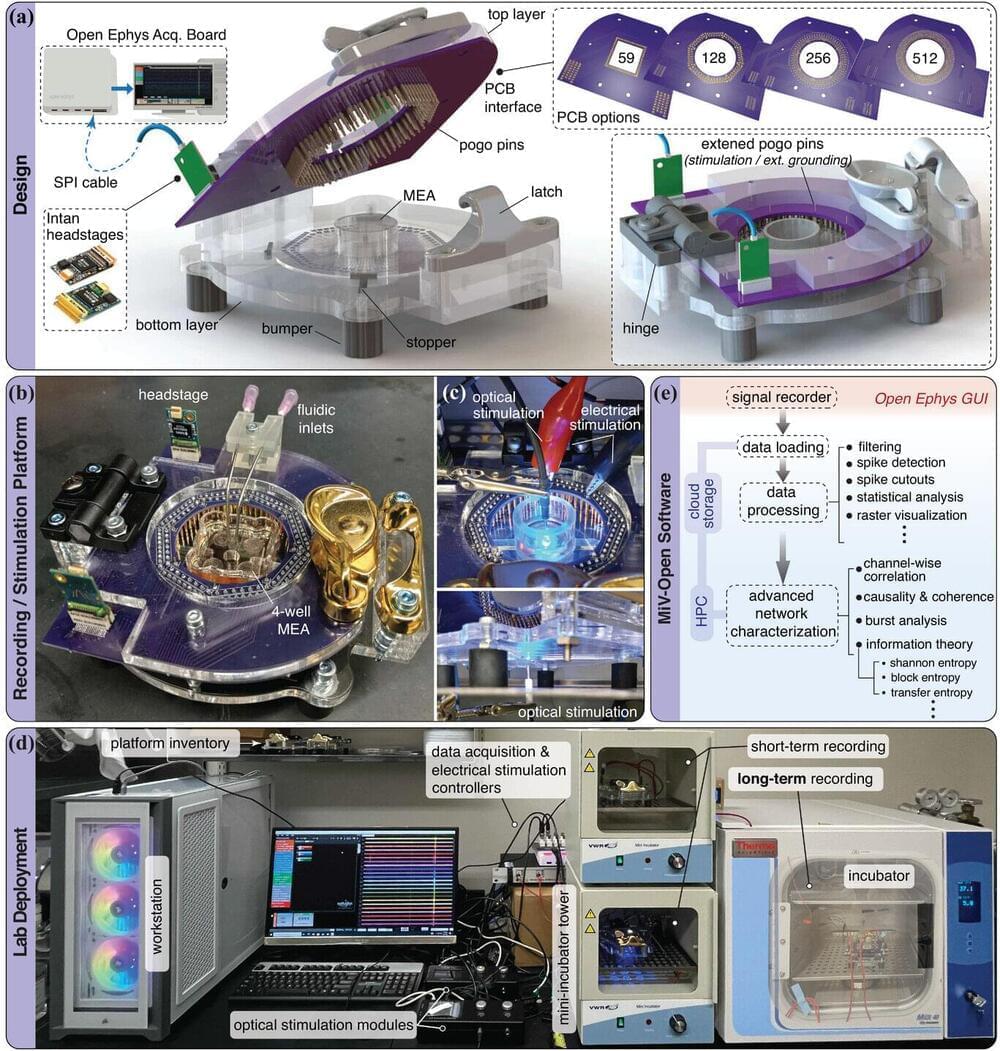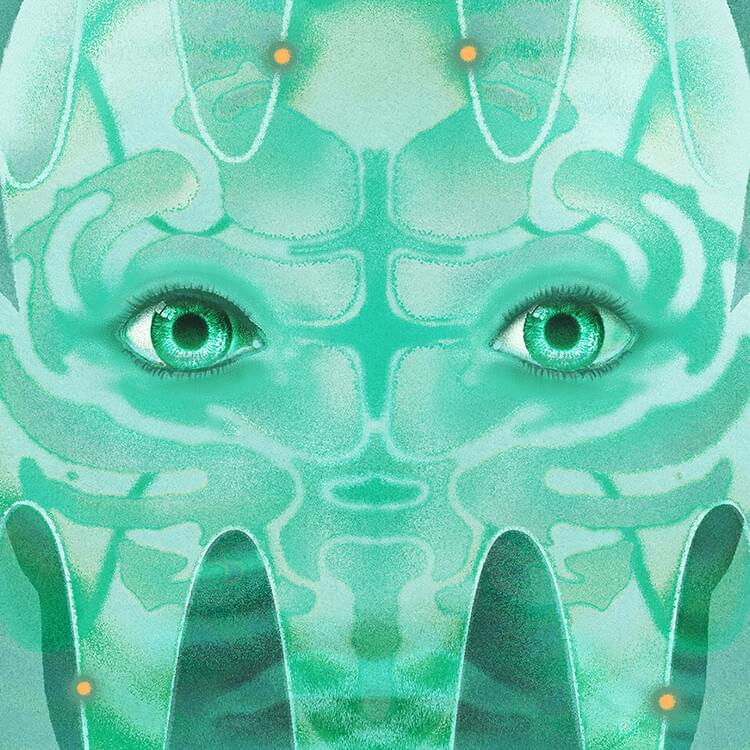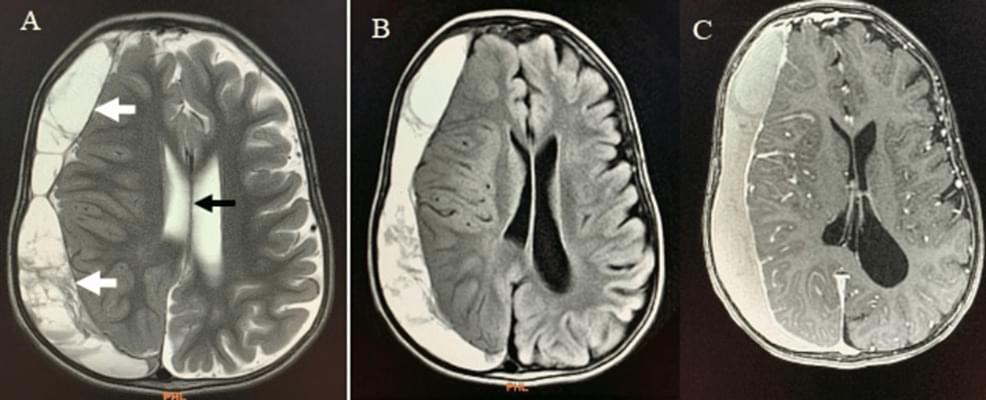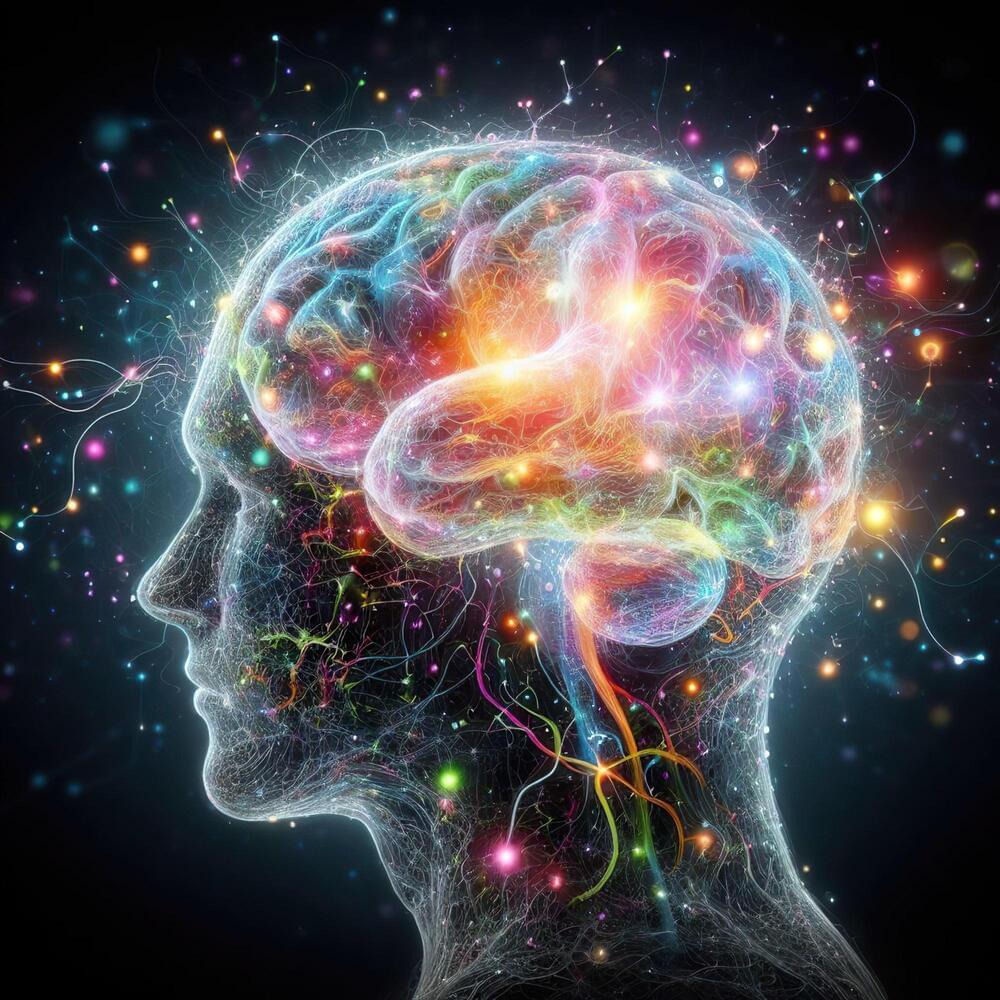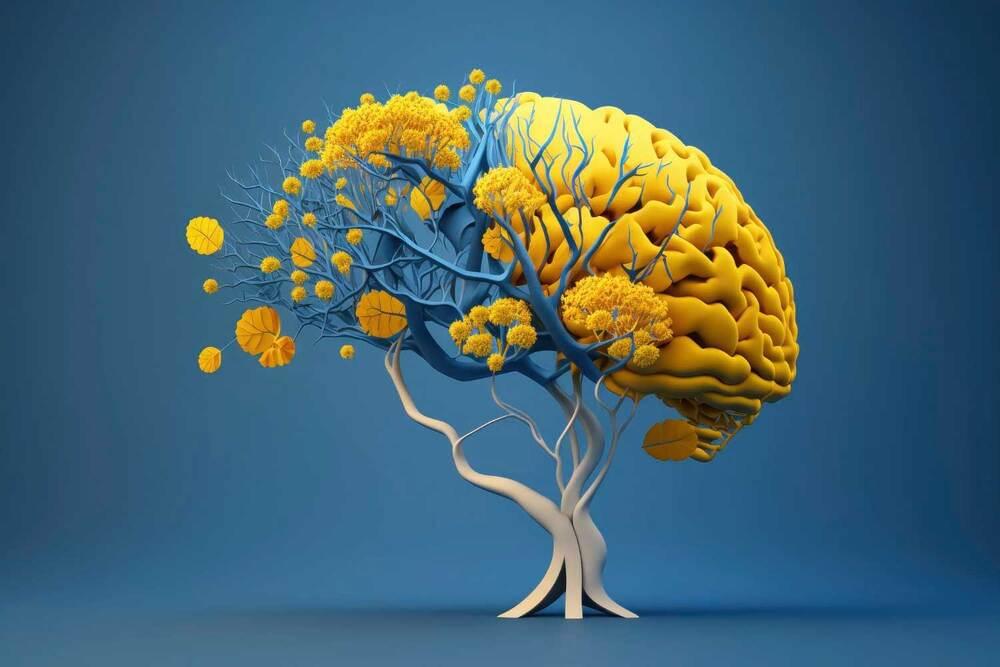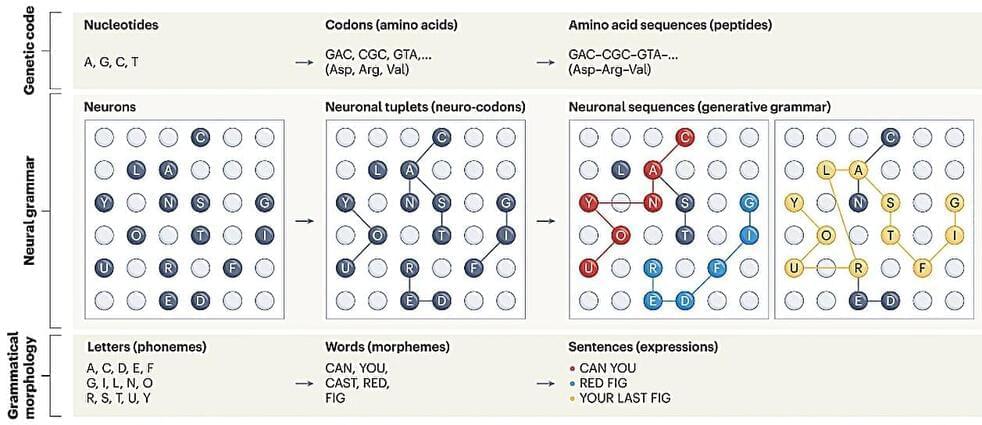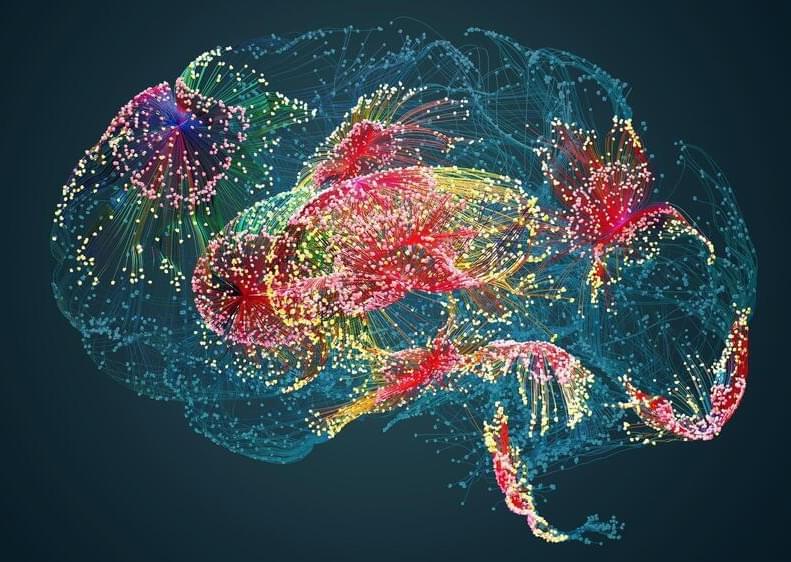
This story is part of a series on the current progression in Regenerative Medicine. This piece discusses advances in Alzheimer’s therapy.
In 1999, I defined regenerative medicine as the collection of interventions that restore normal function to tissues and organs damaged by disease, injured by trauma, or worn by time. I include a full spectrum of chemical, gene, and protein-based medicines, cell-based therapies, and biomechanical interventions that achieve that goal.
An emerging combination of focused ultrasound therapy with a recently approved medication could be our best treatment for Alzheimer’s disease to date. In the New England Journal of Medicine, Dr. Ali Rezai and colleagues from West Virginia University describe an approach to reduce cerebral amyloid-beta load, a biomarker for neurodegeneration, in patients with Alzheimer’s. While in its preliminary stages, the combination treatment can potentially help thousands, if not millions, suffering from the disease in the near future.


